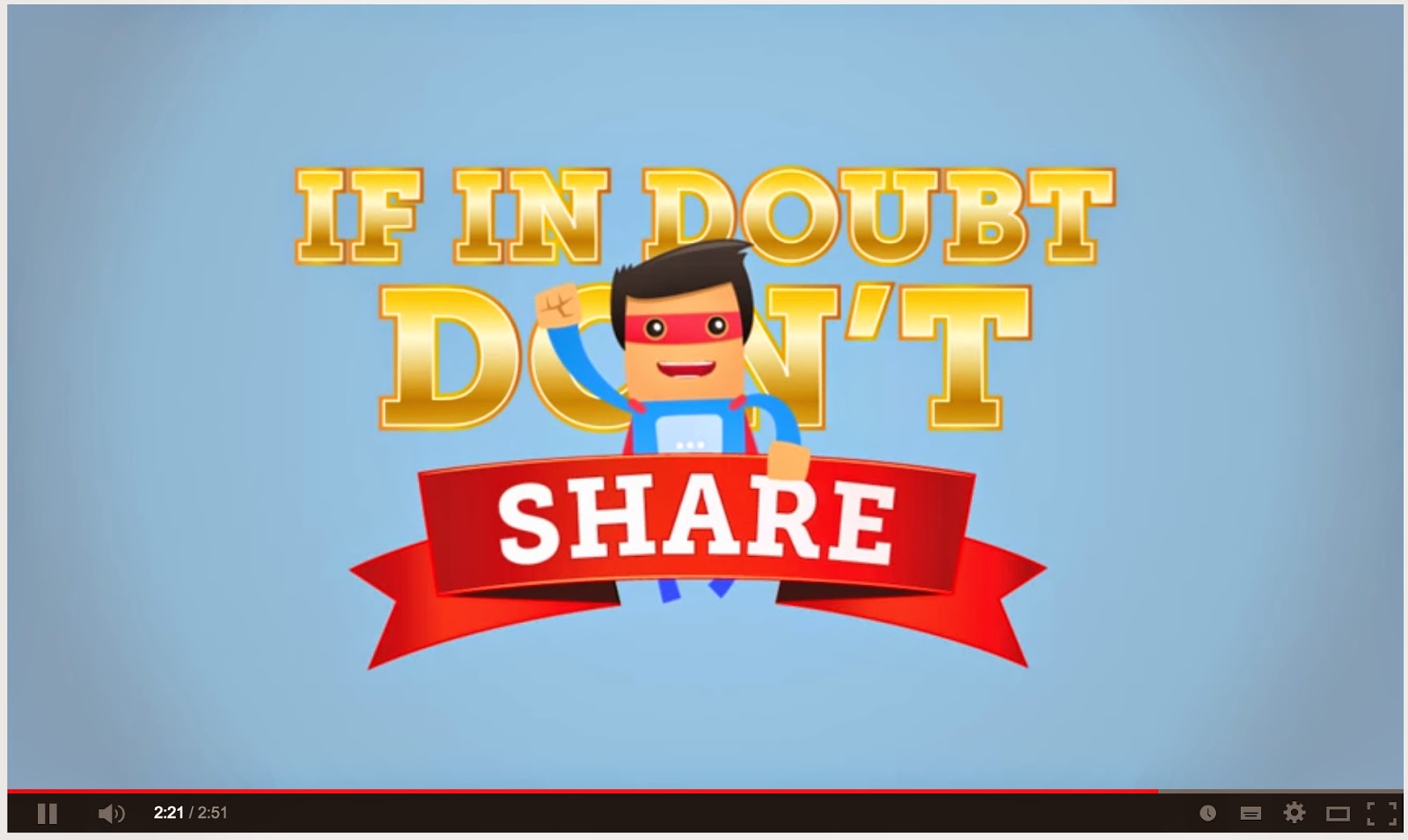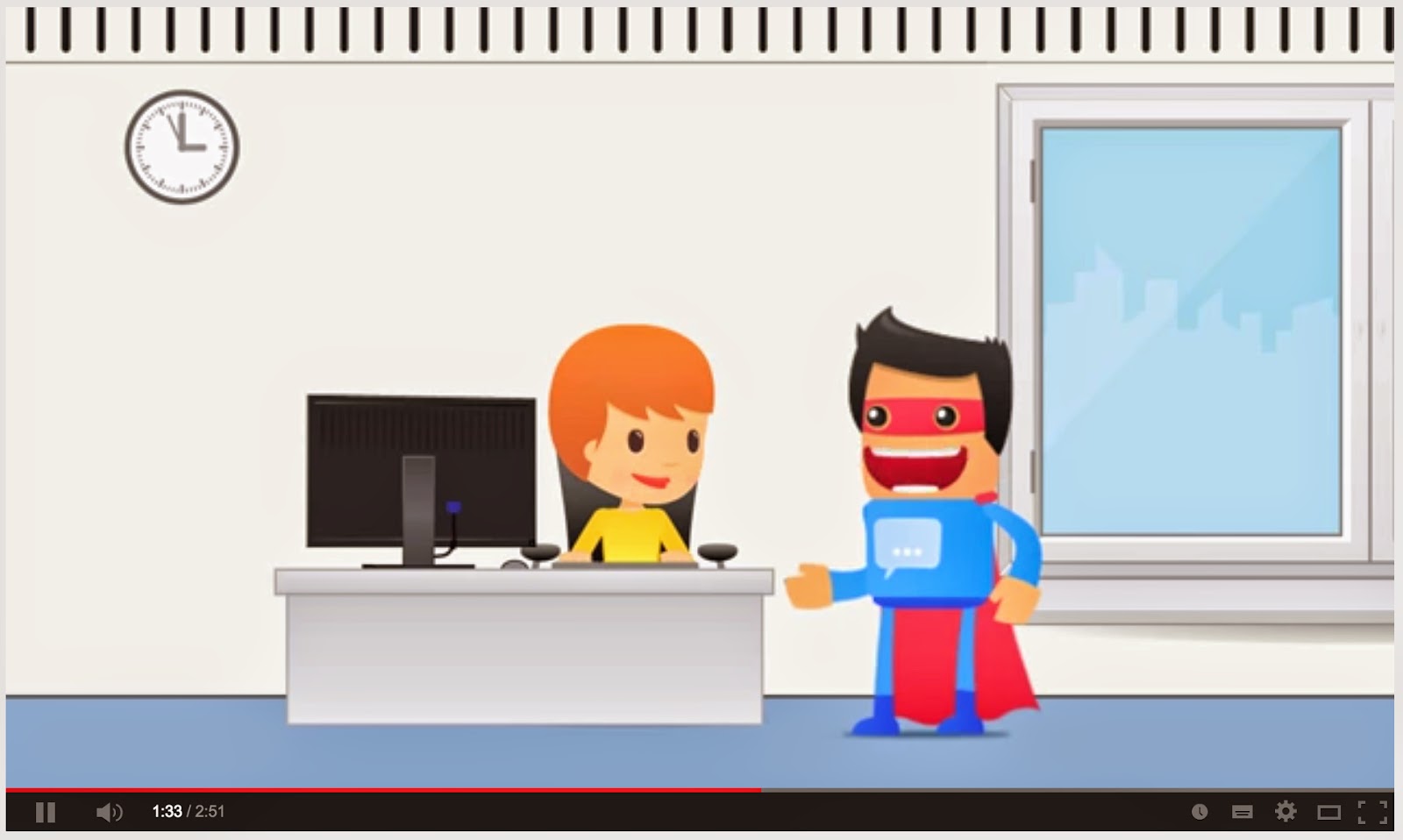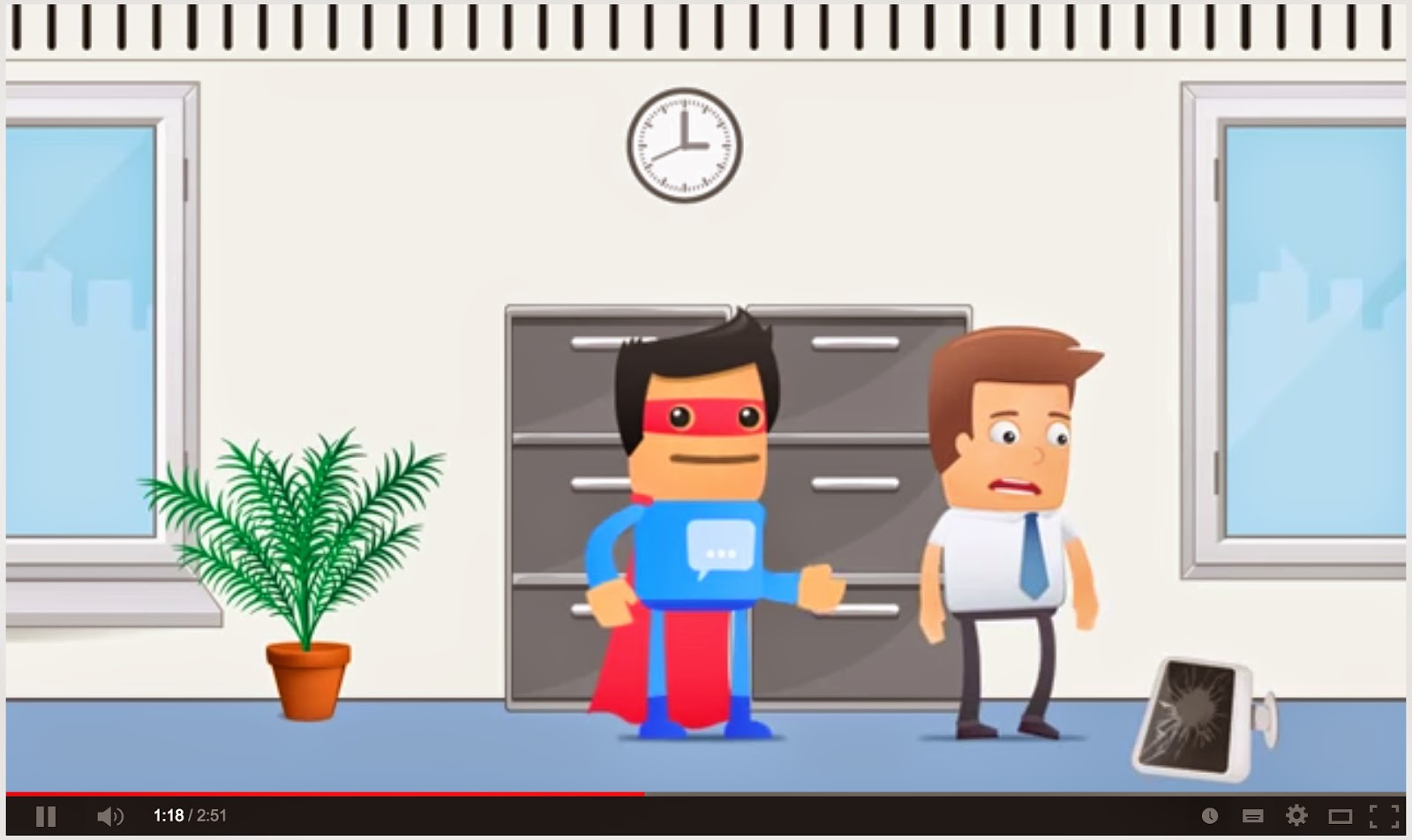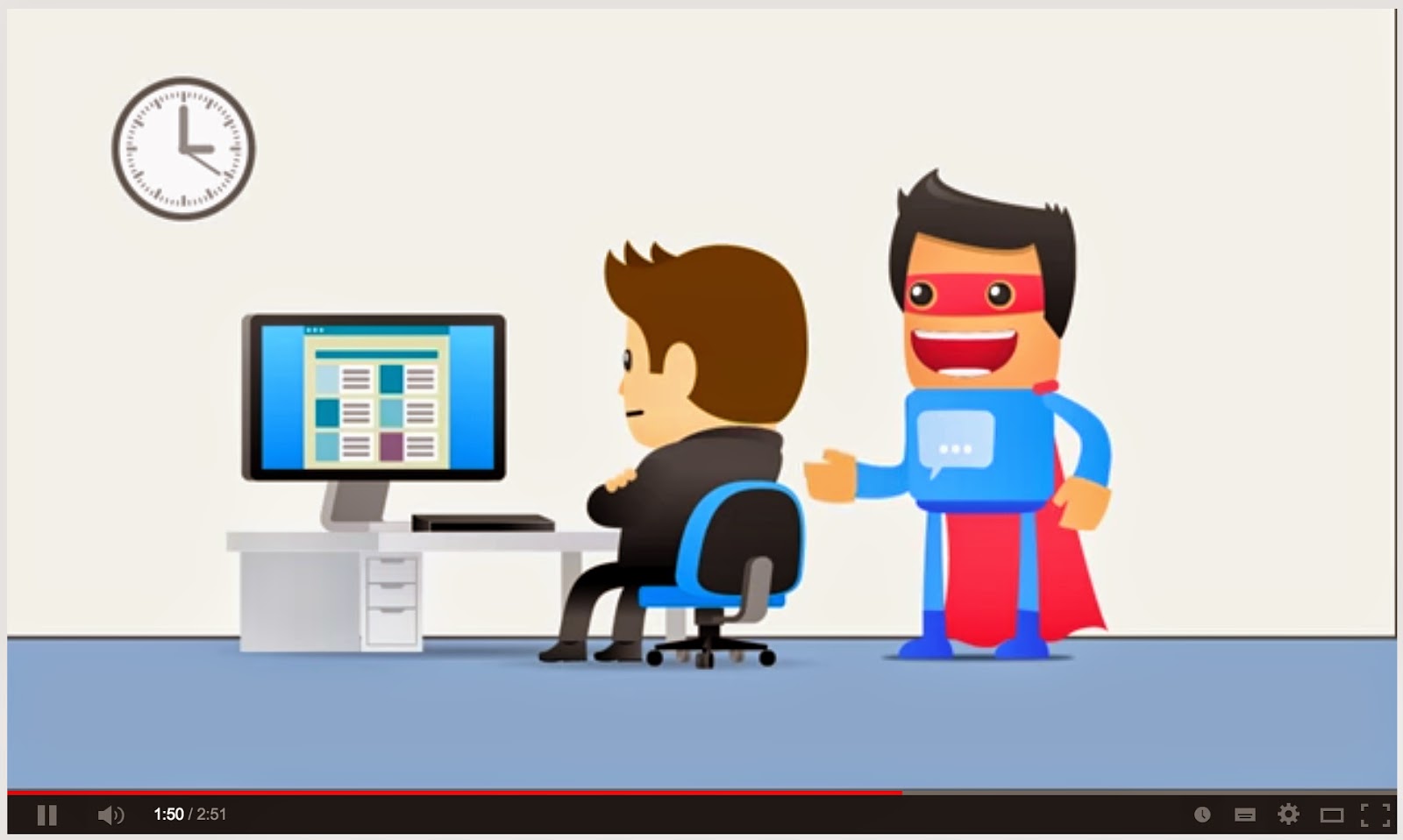I've read a few pieces recently, one even quoting an Australian MP, Julian Hill, where claims are made of "catastrophic risks" from AI to humanity.
Some of the claims are that "ChatGPT diminishes the ability for humans to think critically", that "AI will eliminate white collar jobs" or even that "AI will destroy humanity".
Even in a session I ran yesterday for business owners about how to productively use ChatGPT in their business had several folks who evidenced concern and fear about how AI would impact society.
It's time to take a deep breath and reflect.
I recall similar sentiments at the dawn of the internet and even at the invention of the printing press. There were similarly many fearful articles and books published in 1999 ahead of the 'Y2K bug' that predicted planes would fall out of the sky and tax systems crash. Even the response of some commentators to the recent Chinese balloon over the US bears the same hallmarks of fear and doubt.
It's perfectly normal for many folks to feel concerned when something new comes along - one could even say it's biologically driven, designed to protect our nomadic ancestors from unknown threats as they traversed new lands.
Stoking these fears of a new technology heralding an unknown future are the stock-in-trade of sensationalists and attention seekers. Whereas providing calm and reasoned perspectives doesn't attract the same level of engagement.
Yes, new technology often heralds change and uncertainty. There's inevitably a transition period that occurs once a new technology becomes visible to the public and before it becomes an invisible part of the background.
I'd suggest that AI has existed as a future fear for many years for humanity. It is used by popular entertainment creators to denote the 'other' that we fear - a malevolent non-human intelligence that only wishes us harm.
From Skynet to Ultron to M3gan, AI has been an easy plot device to provide an external threat for human protagonists (and occasionally 'good' AIs like Vision) to overcome.
With the arrival of ChatGPT, and the wave of media attention to this improvement to OpenAI's GPT-3, AI stopped being a future fiction and become a present fear for many.
Anyone can register to use the preview for free, and marvel at ChatGPT's ability to distill the knowledge of mankind into beautifully written (if often inaccurate) prose.
And yet, and yet...
We are still in the dawn of the AI revolution. Tools like ChatGPT, while having significant utility and range, are still in their infancy and only offer a fraction of the capabilities we'll see in the next several years.
Despite this, my view is that AI is no threat to humanity, other than to our illusions.
It is an assistive tool, not an invading force. Like other tools it may be put to both positive and negative uses, however it is an extension of humanity's potential, serving our goals and ambitions.
To me AI is a bigger opportunity than even the internet to hold a mirror up to humanity and see ourselves in a new light.
Humanity is enriched by diverse perspectives, but until now these have largely come from other humans. While we've learnt from nature, using evolved designs to inform our own design, we've never co-inhabited the planet with a non-human intelligence equivalent, but different to our own.
AI will draw on all of humanity's knowledge, art and expertise to come to new insights that a human may never consider.
This isn't merely theoretical. It's already been demonstrated by the more primitive AIs we've developed to play games such as Go. When AlphaGo defeated Lee Sedol, the reigning world Go champion 4-1, it taught human players new ways to look at Go and to play the game. Approaches that no human would have ever considered.
Imagine the possibilities that could be unlocked in business and governance by accessing more diverse non-human perspectives. New pathways for improvement will open, and less effective pathways, the illusions that humans are often drawn to, will be exposed.
I use AI daily for many different tasks. In this week alone I've used it to help write a much praised eulogy of her father for my wife, to roleplay a difficult customer service situation to work through remediation options, to develop business and marketing plans, to write songs, answer questions, tell jokes and produce tender responses.
AI will change society. Some jobs will be modified, some new ones will be created. It will be harder for humans to hide truth behind beliefs and comfortable illusions.
And we will be the better for it.














